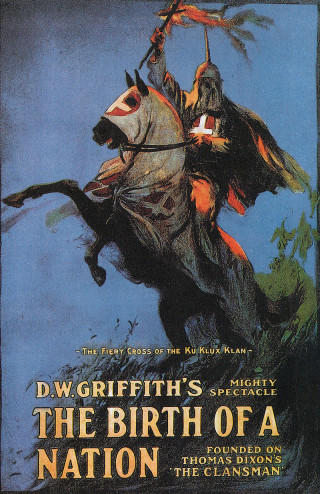It's worth stressing that Wilson's policies here were racist even for his time. Presidents Teddy Roosevelt and William Howard Taft had been much better about appointing black statesmen to public office, and other political figures, including whites, attacked Wilson's moves toward segregation. The influential pro–civil rights journalist Oswald Garrison Villard wrote that the Wilson administration "has allied itself with the forces of reaction, and put itself on the side of every torturer, of every oppressor, of every perpetrator of racial injustice in the South or the North." He further attacked it for its "political stupidity": The administration "has put into the hands of the Republican party an issue which, if they have the sense to use it, may be just the touchstone they are seeking."
Villard was taken seriously by the White House, which tried to court him on the issue and offered hints that it might be changing its tone. He met with Wilson and corresponded with him on racial issues numerous times. But the segregation policies were never reversed.
Some Republicans seized upon the issue, though it wasn't the political game changer that Villard hoped it would be. "Congressman John J. Rogers of Massachusetts introduced resolutions urging investigation of treatment of Negro employees in the Treasury and Post Office Departments," historian Nancy Weiss writes, "but both measures died on committee calendars without gaining so much as a hearing."
Wilson's racism even extended to foreign affairs. While it had been customary to appoint black ambassadors to Haiti and Santa Domingo (now the Dominican Republic), Wilson didn't do that either. At the Versailles Convention in 1919, Wilson helped kill a proposal from Japan calling for the treaty to recognize the principle of racial equality. While 11 out of 17 members at the meeting considering the amendment favored it, Wilson, who was presiding, arbitrarily decided that the amendment had been defeated because the vote wasn't unanimous. This wasn't an actual rule that the proceedings were operating under; a simple majority vote was enough to decide that the League of Nations would be headquartered in Geneva. Wilson just really didn't want the treaty to recognize racial equality and wanted to appease the British Empire, which was premised on subjugating African and South Asian people.
